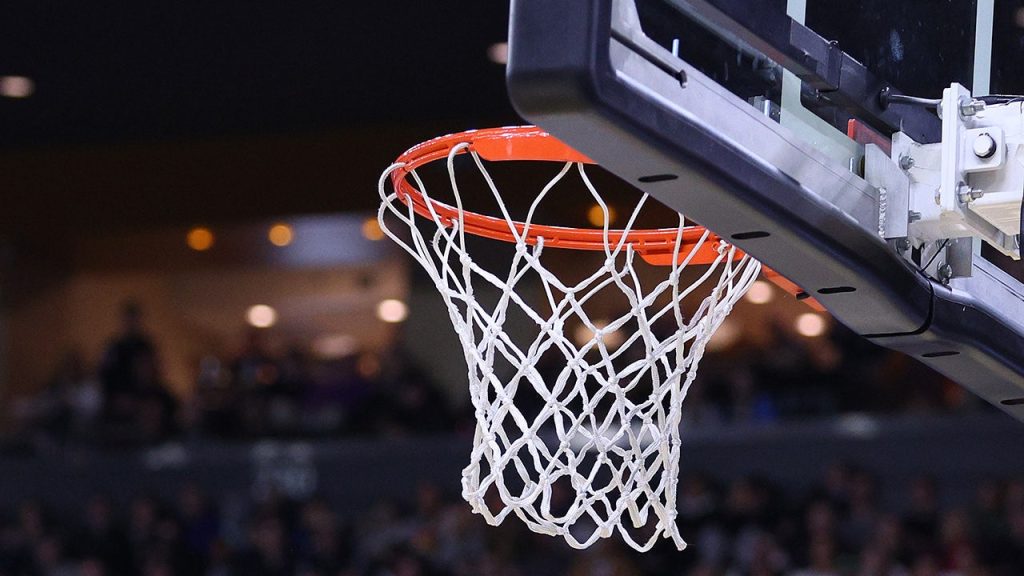The Vancouver Island University (VIU) women’s basketball team’s refusal to play against Columbia Bible College (CBC) has ignited a heated debate surrounding transgender athletes’ participation in women’s sports. VIU alleges that CBC fostered an unsafe environment due to their opposition to VIU’s transgender player, Harriette Mackenzie, while CBC vehemently denies these claims, asserting their commitment to inclusivity and fair play. This clash highlights the complex and often contentious intersection of athletic competition, gender identity, and personal beliefs.
The controversy stems from incidents during previous games between the two teams, where Mackenzie, VIU’s leading scorer and tallest player, claims to have been subjected to targeted flagrant fouls and discriminatory remarks by CBC players and coach Taylor Clagett. Mackenzie alleges that Clagett expressed concerns about a “male” playing on the women’s team, which Mackenzie perceived as a direct attack on her gender identity. These allegations have been corroborated by VIU, which released a statement supporting its athletes and condemning intimidation, harassment, and discrimination in sports. However, CBC players have issued a counter-statement, denying Mackenzie’s accusations and defending their coach’s character and intentions. They maintain that their concerns are rooted in player safety and fair competition, not in discriminatory sentiments.
The dispute escalated when VIU refused to travel for scheduled games against CBC, citing safety concerns. While such a refusal typically results in forfeit losses, the governing body, PACWEST, opted to postpone the games, a decision that CBC criticizes as a double standard. They argue that this deviation from standard procedure demonstrates preferential treatment towards VIU, potentially influenced by fear of backlash from pro-transgender advocacy groups. This perceived bias further complicates the situation, adding fuel to the already fiery debate.
Underlying this specific incident is the broader discussion concerning the inclusion of transgender athletes in women’s sports. While Canadian society generally leans more progressive than the United States, the question of whether transgender women should compete against cisgender women remains a contentious issue. Many argue that transgender women possess inherent physical advantages that compromise fair competition, while others advocate for inclusivity and the right of transgender individuals to participate in sports aligned with their gender identity. This fundamental disagreement fuels the passionate arguments on both sides, making a universally accepted solution elusive.
CBC’s stance, while controversial, reflects a perspective held by a significant portion of the population, especially in the United States. Their concerns about competitive balance and fairness in women’s sports are often echoed by athletes and coaches who believe that biological differences between men and women cannot be ignored. This viewpoint, however, is frequently met with accusations of bigotry and transphobia, creating a hostile environment for open dialogue. The players and coach at CBC claim they have been subjected to derogatory messages and online harassment due to their stance, highlighting the polarizing nature of this issue.
The situation is further complicated by the perceived influence of advocacy groups and the fear of repercussions for institutions that do not fully embrace transgender inclusion. CBC’s allegation of preferential treatment by PACWEST suggests a concern that organizations may prioritize avoiding controversy over upholding established rules and procedures. This perceived pressure to conform can stifle open discussion and create an environment where dissenting opinions are silenced, ultimately hindering the search for a fair and equitable solution. The courage of CBC players to speak out despite the potential backlash underscores the importance of protecting freedom of expression and fostering respectful dialogue, even on highly sensitive topics. The ongoing debate surrounding transgender athletes in women’s sports requires careful consideration of all perspectives, balancing the rights and needs of all individuals involved.

